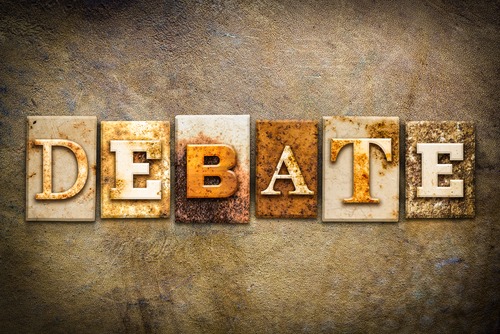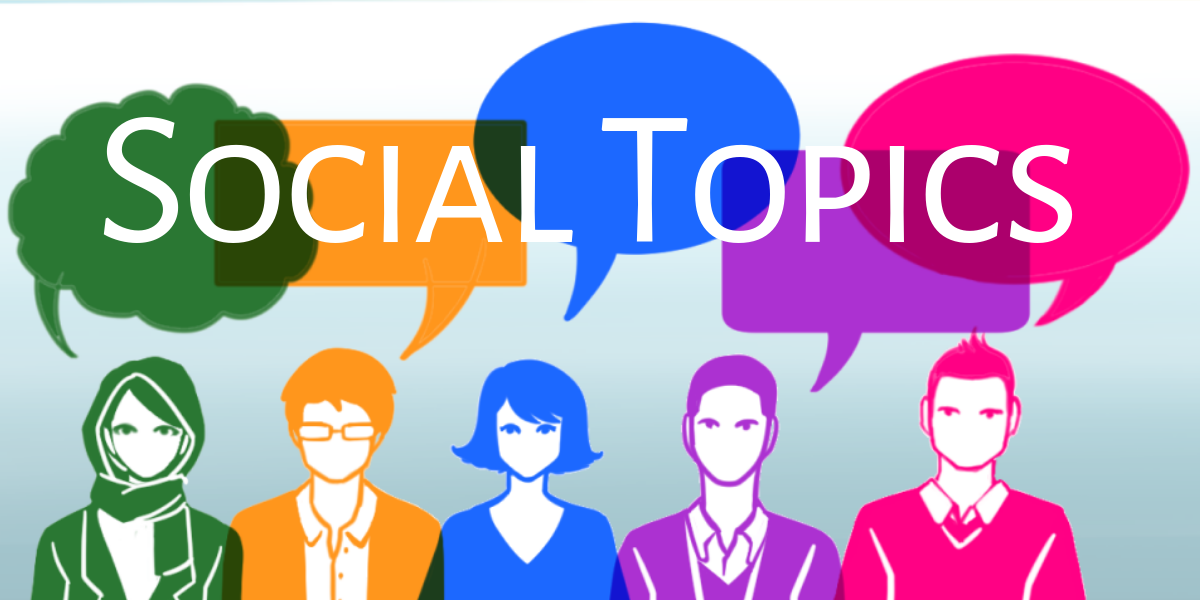Debate is an essential tool for exploring different perspectives, testing assumptions, and deepening our understanding of complex issues. Whether it is at the local school level or in national political campaigns, debates provide a forum for individuals to present their arguments and engage in respectful discourse. Here are 20 potential debate topics that could spark meaningful and productive conversations:
Climate change and environmental protection: This topic touches on a wide range of issues, including renewable energy, carbon emissions, deforestation, and the impacts of human activity on the planet.
Healthcare: This debate could cover topics such as the role of government in healthcare, universal healthcare, the cost of prescription drugs, and the use of technology in healthcare.
Immigration: This topic could include discussions about border security, the rights of immigrants, the impact of immigration on the economy, and the ethical implications of immigration policies.
Gun control: This debate could encompass issues such as the right to bear arms, background checks, the effectiveness of gun control laws, and the role of guns in mass shootings.
Education: This debate could include discussions about the role of standardized testing, the privatization of schools, the value of a college education, and the impact of technology on education.
Abortion: This topic is often a contentious issue, with debates focusing on issues such as the morality of abortion, the role of the government in regulating abortion, and the rights of the fetus.
Police brutality: This debate could cover topics such as the use of force by police, accountability for police misconduct, and the impact of systemic racism on policing.
Net neutrality: This debate could explore issues such as the role of the government in regulating the internet, the power of internet service providers, and the impact of net neutrality on competition and innovation.
Political polarization: This topic could include discussions about the causes of political polarization, the impact of social media on political discourse, and the role of the media in shaping public opinion.
Income inequality: This debate could encompass issues such as the role of government in redistributing wealth, the impact of globalization on wages, and the role of education in addressing income inequality.
Gay rights: This topic could include discussions about the rights of LGBTQ+ individuals, the role of religion in shaping attitudes towards LGBTQ+ rights, and the impact of LGBTQ+ rights on society.
The death penalty: This debate could cover issues such as the morality of capital punishment, the effectiveness of the death penalty as a deterrent, and the risk of executing innocent people.
Drug policy: This topic could include discussions about the role of government in regulating drugs, the effectiveness of the war on drugs, and the impact of drug policy on public health.
Foreign policy: This debate could encompass issues such as the role of the U.S. in global affairs, the use of military force, and the impact of foreign policy on national security.
Immigration detention: This topic could include discussions about the use of detention centers for immigrants, the conditions in detention centers, and the impact of detention on immigrants and their families.
The role of religion in society: This debate could cover topics such as the relationship between church and state, the impact of religion on social issues, and the role of religion in shaping cultural values.
The legalization of marijuana: This topic could include discussions about the medical benefits of marijuana, the impact of legalization on crime rates, and the potential economic benefits of legalization.
The role of technology in society: This debate could encompass issues such as the impact of technology on employment, the role of technology in education, and









